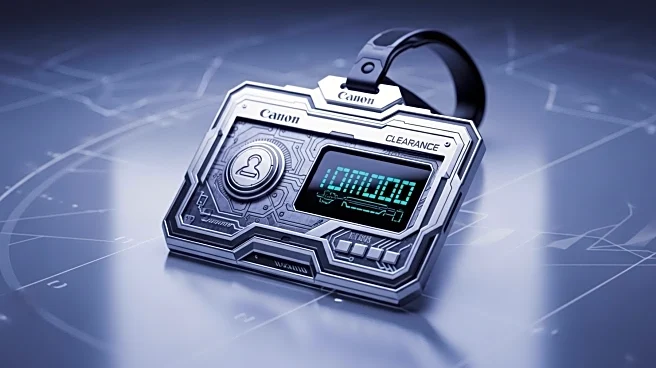What's Happening?
A federal judge has ordered the Defense Counterintelligence and Security Agency (DCSA) to release certain details about Elon Musk's security clearances, following a request by The New York Times. The ruling comes after Musk's public admissions regarding drug use and foreign contacts, which the court found diminished the privacy interest claimed by DCSA. The decision highlights the tension between national security, privacy law, and public transparency, as Musk's own disclosures have brought these issues into the public domain. The court allowed for potential redactions if specific conditions or waivers implicate Musk's sensitive privacy interests.
Why It's Important?
This ruling is significant as it challenges the traditional secrecy surrounding security clearances, especially for high-profile individuals like Elon Musk. It underscores the impact of public disclosures on privacy claims and may set a precedent for future cases involving public figures and security clearance accountability. The decision could influence how aggressively agencies assert privacy interests, particularly when the subject has publicly commented on related topics. It raises questions about the balance between individual privacy and public interest in government transparency.
What's Next?
The DCSA has been given a deadline to propose redactions to the court. The outcome of this case could have broader implications for how security clearances are treated, potentially affecting other public figures who have disclosed information that may be considered clearance red flags. The ruling may be appealed, but it opens up discussions about privacy and accountability in the security clearance process.
Beyond the Headlines
The case highlights the evolving nature of privacy rights in the digital age, where public figures' online disclosures can impact their legal protections. It also raises ethical questions about the government's need to protect classified information while leveraging innovation from individuals like Musk.











